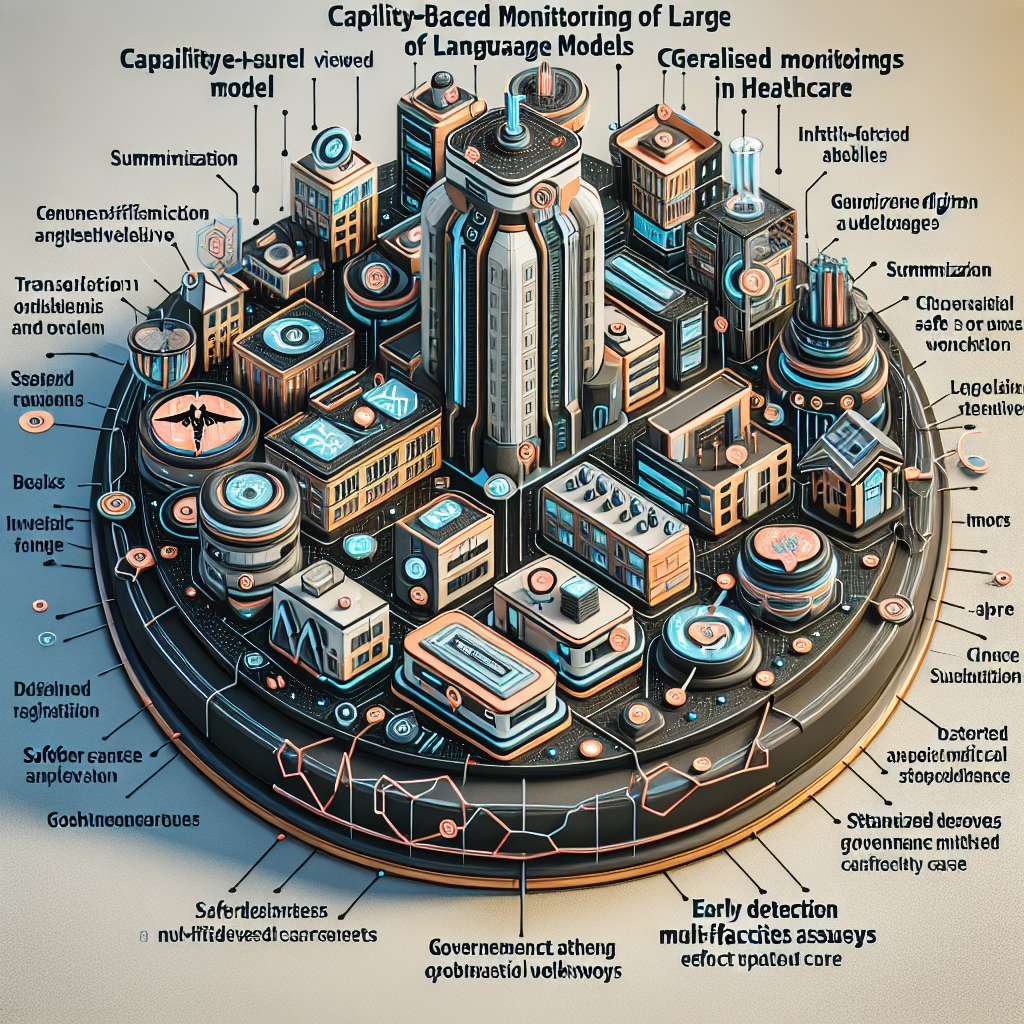technologies that could help end animal testing

The uk has set timelines to phase out many forms of animal testing while regulators and researchers explore alternatives. The strategy highlights organs on chips, organoids, digital twins and Artificial Intelligence as tools that could reduce or replace animal use.
How Artificial Intelligence works and plans to phase out animal testing

OpenAI has built an experimental large language model that is easier to interpret, while the UK has announced timelines to end many forms of animal testing backed by new nonanimal technologies.
Nvidia to sell fully integrated Artificial Intelligence servers

A report picked up on Tom’s Hardware and discussed on Hacker News says Nvidia is preparing to sell fully built rack and tray assemblies that include Vera CPUs, Rubin GPUs and integrated cooling, moving beyond supplying only GPUs and components for Artificial Intelligence workloads.
Navigating new age verification laws for game developers

Governments in the UK, European Union, the United States of America and elsewhere are imposing stricter age verification rules that affect game content, social features and personalization systems. Developers must adopt proportionate age-assurance measures such as ID checks, credit card verification or Artificial Intelligence age estimation to avoid fines, bans and reputational harm.
Large language models require a new form of oversight: capability-based monitoring

The paper proposes capability-based monitoring for large language models in healthcare, organizing oversight around shared capabilities such as summarization, reasoning, translation, and safety guardrails. The authors argue this approach is more scalable than task-based monitoring inherited from traditional machine learning and can reveal systemic weaknesses and emergent behaviors across tasks.
NVIDIA moves to in-house server production for Artificial Intelligence

NVIDIA will ship finished L10 compute trays as part of its ‘Vera Rubin’ VR200 stack, shifting core server assembly in-house and constraining OEM hardware differentiation for Artificial Intelligence systems. Volume production is slated for late 2026.
Cloud providers adopt NVIDIA Dynamo to boost Artificial Intelligence inference performance

Amazon Web Services, Google Cloud, Microsoft Azure and Oracle Cloud Infrastructure are integrating NVIDIA Dynamo to enable multi-node Artificial Intelligence inference on Blackwell systems and managed Kubernetes services.
